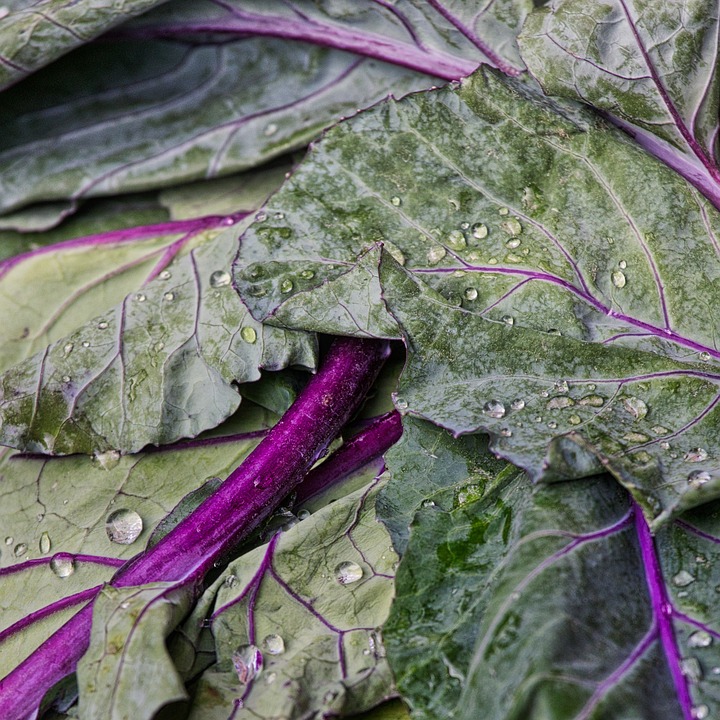Introduction
There is something incredibly satisfying and rewarding about growing your own food.
In recent years, vegetable gardening has gained popularity as more people are realizing the numerous benefits it brings.
From providing fresh, organic produce to fostering a connection with nature, vegetable gardening is truly worth the effort and time.
In this article, we will explore the joys and advantages of growing your own food.
Health Benefits of Vegetable Gardening
Gardening, particularly growing vegetables, is a wonderful way to promote a healthier lifestyle.
Here are some key health benefits:
- Increased nutrient intake: When you grow your own vegetables, you have control over what goes into the soil.
You can choose to use organic fertilizer and avoid harmful pesticides.
This results in nutrient-rich produce that is packed with essential vitamins and minerals. - Regular physical activity: Gardening requires physical exertion.
Digging, planting, weeding, and watering all contribute to a great workout.
Engaging in such activities not only burns calories but also helps improve flexibility, strength, and cardiovascular health. - Stress reduction: Gardening is known to be a stress-reliever.
Spending time outdoors, connecting with nature, and focusing on the tasks at hand can help calm the mind and reduce anxiety.
The act of nurturing plants and seeing them grow can provide a sense of fulfillment and satisfaction.
Environmental Benefits of Vegetable Gardening
By growing your own food, you can contribute to a sustainable and eco-friendly lifestyle.
Here are some ways in which vegetable gardening benefits the environment:
- Reduced carbon footprint: When you grow your own vegetables, you eliminate the need for transportation to bring produce from farms to supermarkets.
This reduces the carbon emissions associated with food transportation. - Water conservation: By implementing methods like mulching and drip irrigation, you can conserve water and reduce waste.
Compared to large-scale industrial farming, home vegetable gardening requires significantly less water. - Biodiversity support: Maintaining a vegetable garden provides a space for various plants and encourages biodiversity.
Bees, butterflies, and other beneficial insects are attracted to the garden, contributing to pollination and ecosystem health.
The Joy of Harvesting and Eating Fresh Produce
One of the most satisfying aspects of vegetable gardening is the joy of harvesting your own fresh produce.
Imagine walking out to your garden, handpicking ripe tomatoes, crisp lettuce, and vibrant peppers, all ready to be transformed into delicious meals.
There is a unique pleasure in savoring the flavors of vegetables grown with love and care.
Furthermore, growing your own food allows you to connect with the seasons and enjoy the pleasure of eating fruits and vegetables when they are at their peak and most flavorful.
Supermarket produce, often picked before it is fully ripe and shipped long distances, cannot compare to the taste and freshness of homegrown vegetables.
Teaching Kids the Value of Food
Vegetable gardening is also an excellent way to teach children about the value of food and where it comes from.
Through hands-on experience, kids learn about the importance of healthy eating, nurturing plants, and the responsibility of caring for the environment.
This knowledge empowers them to make informed choices and develop lifelong skills.
Frequently Asked Questions
Q: How much space do I need for a vegetable garden?
A: The space you need will depend on the size of your garden and the type of vegetables you wish to grow.
Even a small balcony can accommodate potted herbs and smaller vegetables like lettuce or cherry tomatoes.
If you have more space, you can opt for raised beds or traditional in-ground planting.
Q: Is vegetable gardening time-consuming?
A: Vegetable gardening does require commitment and effort, especially during the initial setup and preparation stages.
However, once your garden is established, the maintenance tasks can be easily integrated into your daily routine.
With proper planning and organization, you can enjoy the benefits of gardening without it becoming overwhelming.
Q: What if I have limited gardening experience?
A: Vegetable gardening is accessible to beginners, and there are numerous resources available to guide you through the process.
Start small and focus on a few easy-to-grow vegetables.
Consider joining a local gardening club or seeking advice from experienced gardeners.
Learning through trial and error can be part of the rewarding journey of vegetable gardening.




